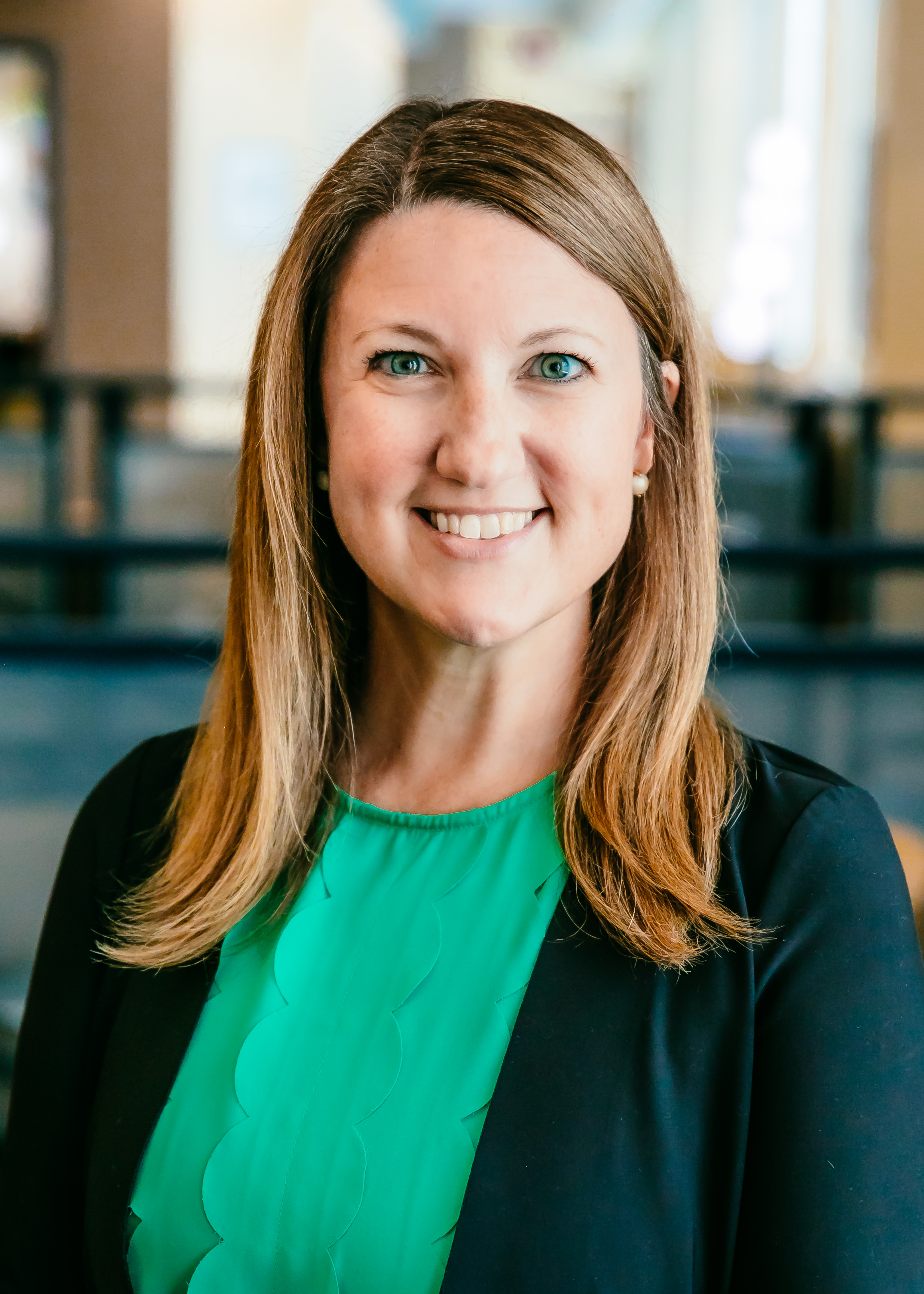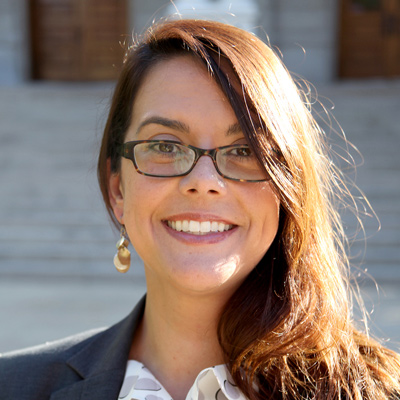Get started with Mizzou
ApplyOverview
To further your career in higher education and/or student affairs, having a holistic understanding of how a university functions is imperative. Mizzou’s 100% online higher education master’s program provides you with an opportunity to apply what you’re experiencing in your practice to course work in higher education. The course work provides a strong foundation in understanding higher education administration and governance, college student development and college environments, assessment, policy, finance and additional areas that can address your own desired competencies and outcomes.
If you have experience as a practitioner or staff member and would like to advance your career with a graduate degree, this is a great option for you. Early career and entry level practitioners are strongly encouraged to pursue this program part-time to allow for opportunities for campus engagement through assistantships, internships and full-time work.
The online master’s in higher education can help you prepare for professional administrative, leadership, and student-oriented positions and career advancement opportunities in a variety of post-secondary, community and leadership settings. The course work for this degree is taught mainly by full-time, tenured or tenure track faculty, and some courses are taught by advanced administrators in higher education or student affairs.
Not ready for a full master's program? ELPA also offers an online graduate certificate in higher education administration.
Quick facts
Official name
Master of Education in Educational Leadership and Policy Analysis with an emphasis in Higher EducationCampus
Program type
Master's degreeAcademic home
College of Education & Human Development | Department of Educational Leadership and Policy AnalysisDelivery mode
100% onlineAccreditation
Higher Learning CommissionCredit hours
33Estimated cost
$19,466.70*This cost is for illustrative purposes only. Your hours and costs will differ, depending on your transfer hours, your course choices and your academic progress. See more about tuition and financial aid.

Career prospects
This master's degree prepares graduates to take on roles in many areas of higher education, such as:
- Housing
- Student affairs
- Diversity programming
- International student affairs
- Career services
- Enrollment management
- Leadership
- Off-campus engagement
Job titles for graduates of this program can expect to achieve:
- Academic adviser
- Residence hall coordinator
- Leadership director
- Coordinator
Program structure
Delivery of this program is 100% online: No campus visits required.
Courses are 8 weeks in length. Students typically finish the program in two years by taking 1 class per 8 week session. Students attending full-time can complete the program in one calendar year.
Coursework includes
- Race, gender and ethnicity in higher education
- College student development
- College student culture and environment
- Administration and governance of higher education
- Higher education finance
- Higher education policy
- Assessment
Delivery
100% onlineCalendar system
8 weekTypical program length
2 yearsTypical course load
1 class per 8 week sessionAccreditation
The University of Missouri is accredited by the Higher Learning Commission, one of six regional institutional accreditors in the United States.
Faculty spotlight

Laura Page is an assistant teaching professor and coordinator of the higher education master's program in the Department of Educational Leadership and Policy Analysis at the University of Missouri. Dr. Page has 20 years of higher education and student affairs experience and recently served as assistant dean of Mizzou's Graduate School.

Casandra Harper is and associate professor of higher education in the Department of Educational Leadership and Policy Analysis at the University of Missouri. Dr. Harper studies the differential effect of college on students across a range of topics including: parent and family engagement in first-generation college students’ lives, student success, and how students and families navigate the financial aid process. She is also a faculty affiliate in the Department of Women’s and Gender Studies. Dr. Harper earned her doctorate in higher education and organizational change from the University of California, Los Angeles.

Bradley Curs joined the Department of Educational Leadership & Policy Analysis in 2005 after earning his doctorate from the Department of Economics at the University of Oregon. Dr. Curs' research uses tools from the discipline of economics to understand the effects of educational policy at both the student and institutional levels. Specifically, his research focuses on issues of education access and success across three areas: the efficacy of financial aid programs, the behaviors of educational institutions, and pre-college readiness behaviors. Dr. Curs serves on the editorial boards for the Journal of Higher Education, Research in Higher Education, and the Review of Higher Education.

Dr. Mendoza's scholarly activity has significantly impacted internationalization efforts and the development of higher education in Latin America. She has been recognized with the 2018 MU International Engagement Award and the 2019-2020 Fulbright U.S. Scholar Award. Her international work has attracted more than $1,003,000 in external grants from USAID, the Ford Foundation, the Fulbright program, and the U.S. State Department.

Michael Steven Williams is an assistant professor in the Department of Educational Leadership & Policy Analysis in the College of Education at the University of Missouri. His research program broadly focuses on the social-psychological development of students and institutional excellence in American postsecondary education.
